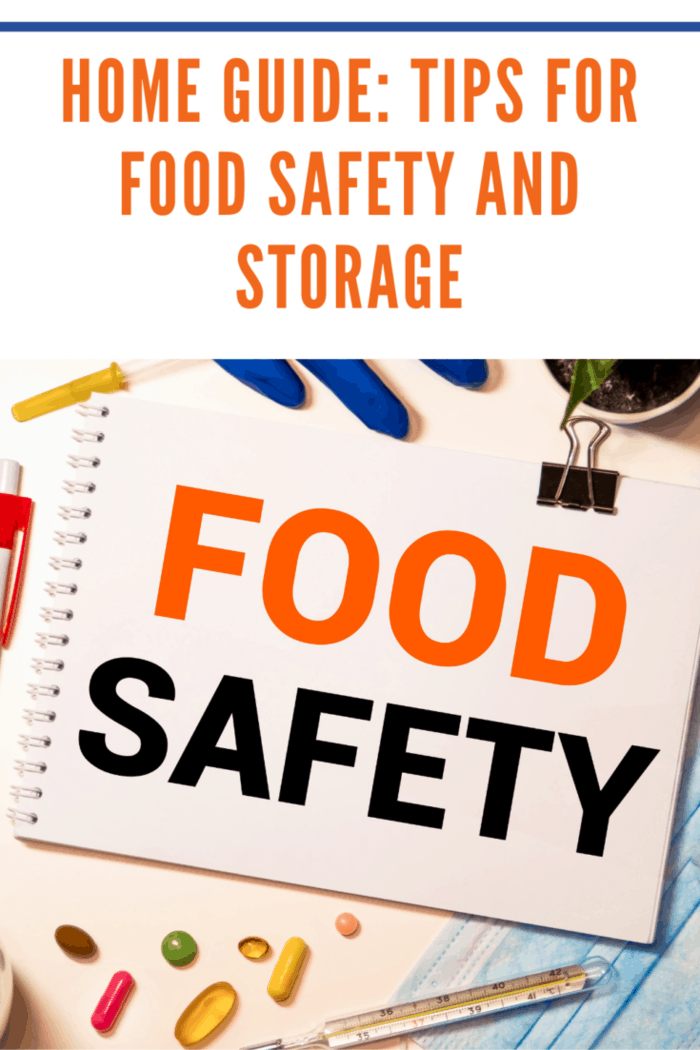We consume food to strengthen our body and mind, giving them the energy to function for our daily activities. But while food is considered a great energy and nutrient source, it can also be dangerous to our health if not stored, prepared, and eaten properly. As for family, food safety is of the highest importance.
Improper handling of food can cause numerous health problems to your family. The last thing you want to happen is for your kids to get sick with foodborne illnesses and food poisoning. Read on to know the best food safety and hygiene tips to practice at home.
1. Schedule routine housekeeping
If you want to prevent bacteria from growing or foodborne illness, you must maintain a clean home environment. But apart from general cleaning, don’t forget to schedule for pest control too. Pest can contaminate your utensils and food. For example, tick bites can potentially cause meat allergies, while rodents can directly contaminate the food itself with feces and urine.
To keep your family healthy and your food safe, it’s best to schedule regular yard tick treatments or other pest control services. Only hire professional pest controllers who use all-natural solutions to ensure further safety. The same rules apply to cleaning. It is best to use natural cleaning products to ensure harmful chemicals won’t contaminate your food at home.
2. Always check expiration dates
Expiration dates are crucial in ensuring food safety at home. Consider these dates depending on how long you’re planning to store them. In general, you need to learn the difference between several terms related to expiration dates. The “best used by”dates indicate how long that product will retain peak freshness and quality. As for “sell by”dates, retailers used them to determine how long they could display the product for sale. Use by and expiration dates mean you shouldn’t consume the produce past such dates. Take note of these terms when grocery shopping,
3. Store food strategically
Storing your food is critical for ensuring safety. For one, avoid using open packages when storing food in the refrigerator, regarding if it’s shredded cheese or a bag of cereal. When thawing raw meat in the fridge, put them in a container or drawer to avoid juices from contaminating the other food inside. You should also put raw meat next to plant-based or pre-cooked kinds as it can lead to cross-contamination, says Healthline.
In addition, wipe down all bottles or plastic packaging that you just bought before storing them in your pantry or the refrigerator. Cool them down before placing them in the freezer or refrigerator if you do batch cooking and often have leftovers. Storing hot food inside the fridge can result in several food safety issues.

4. Thaw your food properly
Another important part of food safety is following the right methods for thawing or defrosting your food at home. For instance, if you plan to cook the food immediately, you can run it under cold water or use the microwave. If you set it on cold water, though, you’ll need to change it every 30 minutes until thawed. You can also thaw the frozen food on the refrigerator. To avoid contaminating other food, raw meat should be contained.
Using this method may take four to five hours per pound. Thawing food isn’t as easy as it looks. If their internal temperature gets into the danger zone, it can increase bacteria and even foodborne illnesses. If you’re planning to cook not fully thawed or fresh poultry and meat, the cooking time will take about 50% longer than expected.
5. Pay attention to high-risk food
Lastly, you should pay extra attention to high-risk food. According to WebMD, these types can be more vulnerable to bacteria growth and food poisoning. Food in jars, cans, or packages should be correctly stored and handled once opened. The same goes for cooked or raw meat such as turkey and chicken, as well as dairy-based desserts and dairy products. You should also ensure proper storage for any food containing fish stock, seafood, or eggs. Other high-risk food includes ready-to-eat options like pizzas and sandwiches, prepared fruit and pasta salads, cooked pasta and rice, and small goods like salamis and hams. Mishandling of these kinds of food can result in food poisoning.
From thorough cleaning and proper food storage to correct cooking, everything plays a huge role in ensuring food safety at your home. Practice these personal and food hygiene tips to avoid cross-contamination of food poisoning. Make food a safe energy source for your family and not cause health issues.
Resources:
https://www.mosquito-authority.com/locations/west-richmond-va/
